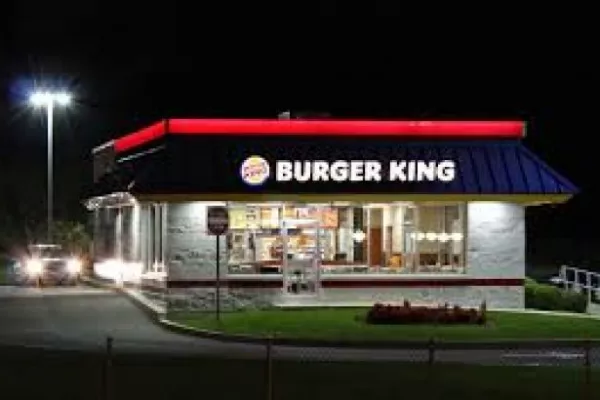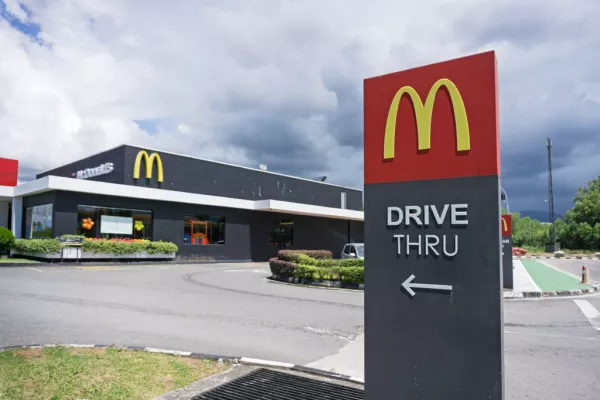Don’t expect to see Tim Hortons doughnuts showing up at a Burger King anytime soon.
Restaurant Brands International Inc. -- the fast-food empire that owns Burger King, Tim Hortons and now Popeyes Louisiana Kitchen -- plans to keep the divisions separate, with no mixing of menu items. Despite Restaurants Brands’ reputation for scooping up businesses and squeezing costs, it doesn’t see product synergies between the chains, said Chief Executive Officer Daniel Schwartz.
“Everything isn’t about synergy,” the 36-year-old said in an interview. “These are iconic brands - it doesn’t make sense to mix and match products.”
The approach is a break from how other fast-food conglomerates have been run over the years. Yum! Brands Inc. tried melding Taco Bells and KFCs, while Dunkin’ Brands Group Inc. put Baskin-Robbins inside its doughnut shops. It also belies the broader philosophy of 3G Capital, the private equity firm that created Restaurant Brands and is famous for streamlining operations.
The company most recently acquired Popeyes, a fried-chicken chain that competes with KFC. But products from that business won’t be migrating over to Burger King, even though it serves chicken as well.
Instead, Restaurant Brands is focused on building up sales of each division and sharing talent across the company, Schwartz said. The separation also applies to marketing. Burger King’s brash advertising strategies, which include sending its King mascot to high-profile sporting events and tricking Google Home devices into reading a description of the Whopper, aren’t well-suited to Tim Hortons’ less aggressive Canadian identity, he said.
‘Aggressive Meritocracy’
Schwartz got his start working for 3G in 2005 after co-founder Alex Behring moved to New York to build the firm’s U.S. operations. Schwartz, a former M&A analyst at Credit Suisse, was tasked with finding an American consumer brand that 3G could buy. The aim was to boost profit by applying 3G’s “aggressive meritocracy culture.”
Schwartz looked at 100 companies and settled on Burger King because the “brand was bigger than the business,” he said. He joined the burger chain as chief financial officer in 2012 and took over as CEO about a year later. When it acquired Tim Hortons in 2014, the company moved its corporate headquarters to Canada and renamed itself Restaurant Brands.
Schwartz thinks the penny-pinching reputation of Restaurant Brands and 3G -- best known for using a technique called zero-based budgeting - is overblown. The fast-food company, which completed its roughly $1.8 billion acquisition of Popeyes in March, is more focused on sales growth and expanding around the world, he said.
“Costs grow, so you have to be disciplined, but we spend 90 per cent of our time on growth,” he said. “Having that ownership mentality has allowed us to make big, bold bets.”
News by Bloomberg, edited by Hospitality Ireland









